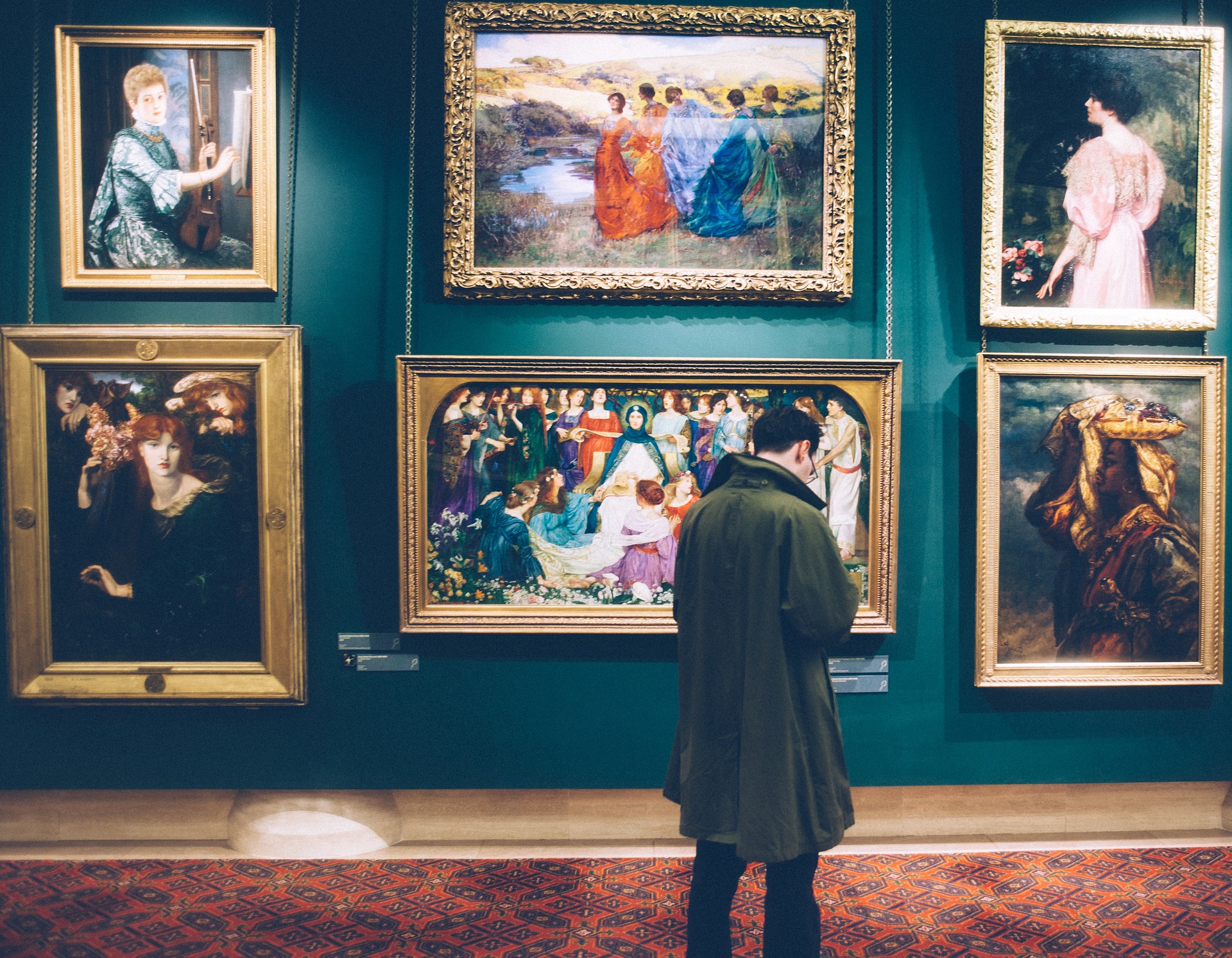Art Market Loopholes Again Threaten U.S. Economic Integrity and National Security

Federal Indictment Charges Kremlin Allies with Money Laundering and Sanctions Evasion
On September 5, the U.S. Department of Justice unsealed two criminal indictments charging dual U.S.-Russian citizens with multiple felonies for using art, antiques, and other methods to violate sanctions imposed after the 2022 illegal invasion of Ukraine—a scheme that also allowed the married couple to launder at least $1 million through the U.S. financial system.
Dimitri and Anastasia Simes allegedly provided services to and received substantial benefits from sanctioned Russian individuals and entities, including Channel One Russia, the state-controlled television network, and oligarch Aleksandr Udodov. Anastasia, specifically, is charged with committing these crimes for Udodov through the purchase of art and antiques from over 30 dealers and galleries in both the United States and Europe, exploiting the global art market’s lack of regulation and transparency. Udodov, reportedly a close friend of Russian Prime Minister Mikhail Mishustin, is an entrepreneur with “mysterious wealth,” who was sanctioned by the U.S. government in February 2023. He was previously investigated by both Swiss authorities and Aleksei Navalny’s Anti-Corruption Foundation.
While both of the Simes remain at large, their indictment sends a strong message that the U.S. government is beginning to crack down on financial crimes in the U.S. art market, which remains the largest in the world. It is also arguably the largest unregulated market in the world making its participants highly vulnerable to criminal misuse. This is because the American art market remains largely excluded from the Bank Secrecy Act, the main U.S. anti-money laundering statute, which currently protects every industry of comparable risk and scale. The Simeses are not the only bad actors to take advantage of this gap—previous law enforcement and media investigations have revealed similar schemes by Arkady and Boris Rotenberg, close associates of Vladimir Putin himself, as well as Nazem Ahmad, a high-profile Lebanese collector turned Hezbollah financier.
“We commend the Justice Department’s KleptoCapture Task Force for its work on this case,” said Deborah Lehr, Chairman and Founder of the Antiquities Coalition. “The US art market remains a means for evading US sanctions and it is time for the Congress to close this loophole.”
Article Credit: https://theantiquitiescoalition.org/art-market-loopholes-again-threaten-u-s-economic-integrity-and-national-security/
